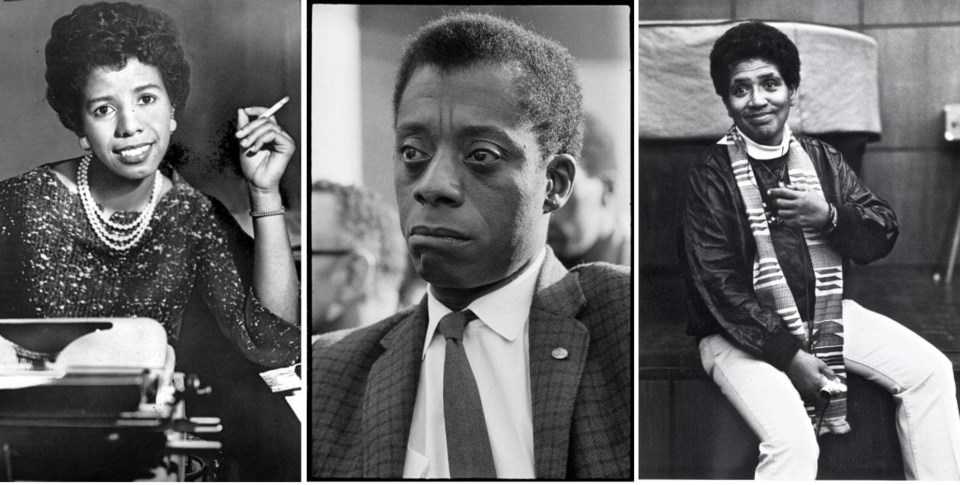By Crystal Hudson
Earlier this month, it was announced that Brooklyn's Waterfront Park would be named after Marsha P. Johnson, who fought until her death for Black, Trans and LGBQ civil rights. Shortly after, Bayard Rustin was posthumously pardoned for a 1953 conviction for what was clearly then an anti-LGBTQ law.
These recent honors reinforce a truth we have long known, but have not celebrated often enough: Black history is Queer history and Queer history is Black history.
As a Black gay woman, I have seldom felt all of my identities and experiences captured in the movements or spaces that set out to uplift my life experiences and protect and expand my rights. And that is especially true when it comes to the telling of our shared, intersectional histories.
When African-American historian, Carter G. Woodson, first created "Negro History Week" in 1926, it was because he knew the importance of honoring the collective history and lived experiences of Black people in America. Negro History Week eventually evolved into the Black History Month we know today, where we teach ourselves and others about the remarkable history of Black leaders who overcame incredible obstacles with dignity and grace.
And yet, we have not always shared so proudly the full breadth and depth of Black history.
We have made some progress in the telling of our history when it comes to highlighting stories of Black women. We now elevate the contributions of women like Rosa Parks, Fannie Lou Hamer, and Harriet Tubman almost the same as we do men like Martin Luther King, Jr., Malcolm X, and Frederick Douglas -- after decades of erasure of the role Black women played in shaping our history.
And yet, we are only just beginning to appropriately acknowledge the many significant contributions of Black queer people. Now is the time for us to acknowledge the longstanding and continued leadership of queer people in the advancement of Black people.
While Marsha P. Johnson now has a state park named in her honor, decades after she played a key role in the Stonewall uprising; and Bayard Rustin has been pardoned over a half-century after he planned the 1963 March on Washington for Jobs and Freedom (where Martin Luther King, Jr. gave his "I Have A Dream" speech); we still understate and overlook the contributions of folks like Lorraine Hansberry, who was the first Black woman to have a play performed on Broadway, and Audre Lorde, who dedicated her life to addressing injustices of racism, sexism, classism, and homophobia through the written word.
And we don't do enough to uplift those living among us like Alicia Garza, Patrisse Cullors, and Opal Tometi, founders of the #BlackLivesMatter movement, and Minneapolis City Council member Andrea Jenkins, who is the first openly transgender Black woman elected to public office.
And that is just a small bit of our very Black and very Queer history, which reminds us that when the most marginalized among us are free from discrimination and given equitable access to good jobs, education, healthcare, transportation, and housing, we all benefit.
Johnson, Rustin, and others whose names we may never know, understood the breadth and depth of Black people and the impact our history and culture had (and continues to have) on the American experience.
For some, courage has to be summoned. For others, bravery comes without choice. For the Black queer community, our leadership has so often been tethered to our survival. This Black History Month, I am committed to continuing the work of creating a New York City where Black Queer and Trans folks don't have to advocate for their own survival; where justice for Black folks and equity for Queer folks are not mutually exclusive; and where we express long overdue gratitude and honor to those whose shoulders upon which we stand.




